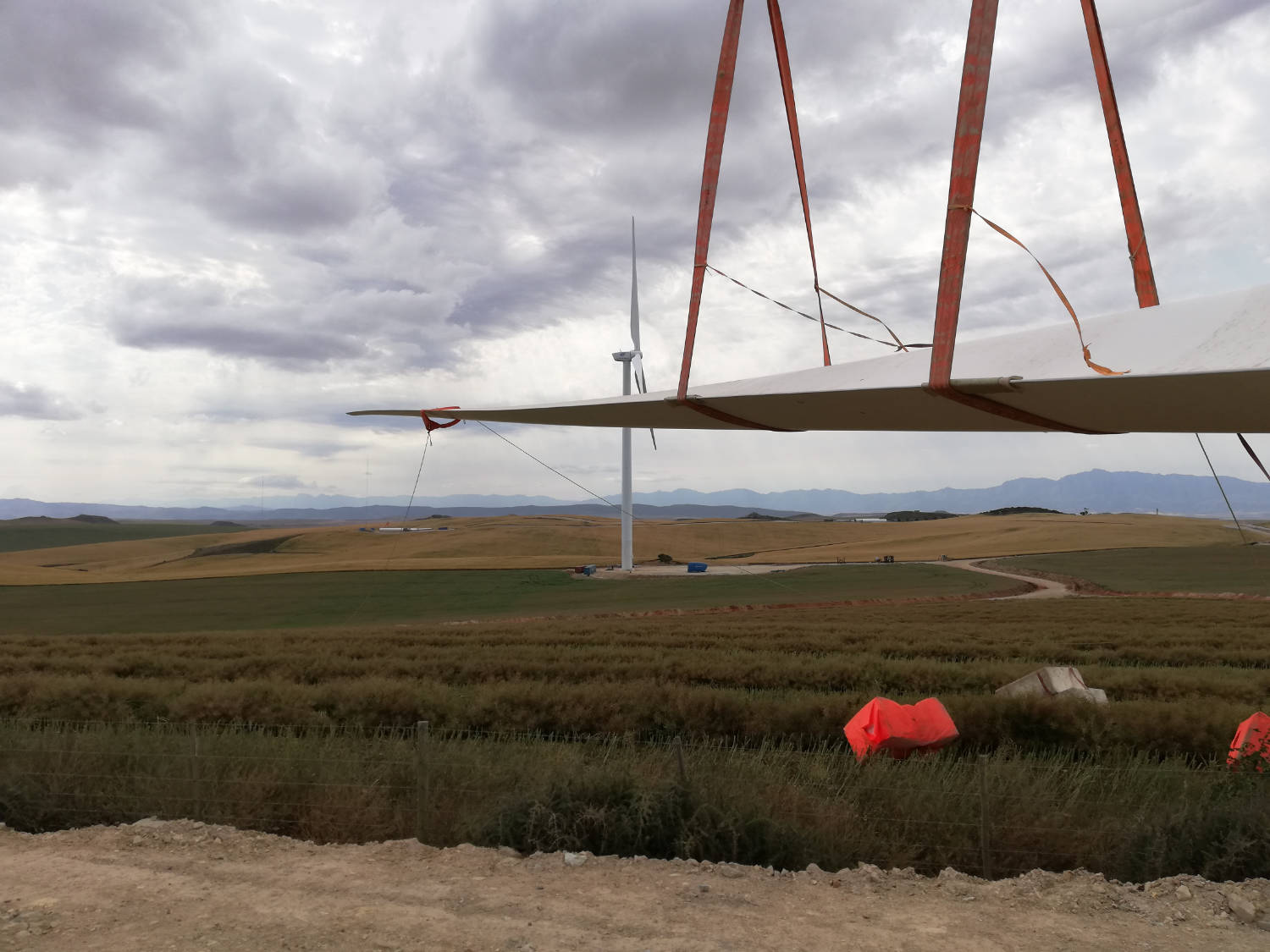BTE Renewables is a 100% Actis-owned renewable energy platform targeting the pan-African region. It currently has a portfolio of six utility-scale projects, spread across wind and solar developments in South Africa and Kenya. The business currently has an operating portfolio of 473MW, with plans to expand further.
The basis for the business was the acquisition in 2017 of the 100MW Kipeto wind project in Kenya. Two years later, Actis acquired BioTherm – which at the time comprised four projects mid-construction, a development pipeline and an experienced management team. We integrated and reorganised that team to complement the leadership, and worked to create a strong governance framework, including progressing the appointment of non-executive directors to the board, providing the executive team with valuable insight and sector knowledge.
Indeed, Kipeto may be the only wind farm in Africa – and perhaps globally – with a full-time ornithologist employed to lead the programme, along with a team of 33 biodiversity monitors.
The basis for the business was the acquisition in 2017 of the 100MW Kipeto wind project in Kenya. Two years later, Actis acquired BioTherm – which at the time comprised four projects mid-construction, a development pipeline and an experienced management team. We integrated and reorganised that team to complement the leadership, and worked to create a strong governance framework, including progressing the appointment of non-executive directors to the board, providing the executive team with valuable insight and sector knowledge.
Since Actis’ investment, more assets have started to deliver energy to local grids, and other projects have been secured. The business has developed a pipeline of execution-ready projects with its in-house teams, drawing on the breadth of their experience across development, engineering performance, site construction, financing and ESG specialisms.
With the twin crises of climate change and biodiversity loss, we must find every available opportunity to invest in ways that benefit nature and people together. Thanks to the commitment of all of Kipeto’s partners and the investors funding this loan, we are able to support biodiversity and communities while also investing in the renewable energy infrastructure that is a critical part of the fight against climate change.
Charlotte Kaiser Managing Director of The Nature Conservancy’s NatureVest impact investing teamAs it has with its other investments, Actis has introduced world-class ESG standards to the business. Producing clean power from wind and solar sources helps to reduce the carbon intensity of power generation in BTE Renewables’ markets, stimulating economic development in the areas it operates in. However, BTE Renewables’ operations are also working with partners in local communities to deliver education and training programmes. For example, the Kipeto project in Kenya partnered with a leading skills trainer to offer an internationally-accredited construction qualification to 300 individuals from the local Maasai community. The training programme is structured to enable participants to develop skills that can be put to immediate use during placements at the project during building work, and that are also transferrable beyond the project’s construction phase.
As demonstrated in South Africa’s revived REIPPPP process, participation in COP26 and financial commitments shown to Africa’s climate change mitigation and resilience, the time for renewables is upon us. We aim to be a core part of this, leading the drive with our fellow IPPs to deliver responsible, sustainable, renewable, energy
Robert Skjodt, CEO of BTE RenewablesThe Kipeto project is also notable for its unique conservation work around local wildlife. During the advanced development stage of the project, a colony of cliff-nesting critically-endangered Rüppell’s vultures was identified less than 15km from the site. The area is also home to another critically endangered species, the White-Backed vulture. To mitigate the potential impacts of the wind farm and to address the issue of the decline of these species, we partnered with five conservation organisations to design an effective and innovative programme which included the ongoing monitoring of the vultures and other birds from a series of vantage points.
Monitors are stationed at observation towers, and signal for a shutdown of specific turbines when a priority species is close by and deemed to be at risk. The business also trained a field team of five Vulture Liaison Officers and a full-time Vulture Conservation Programme Co-ordinator, as well as 65 volunteer vulture scouts from the local communities. Indeed, Kipeto may be the only wind farm in Africa – and perhaps globally – with a full-time ornithologist employed to lead the programme, along with a team of 33 biodiversity monitors.
